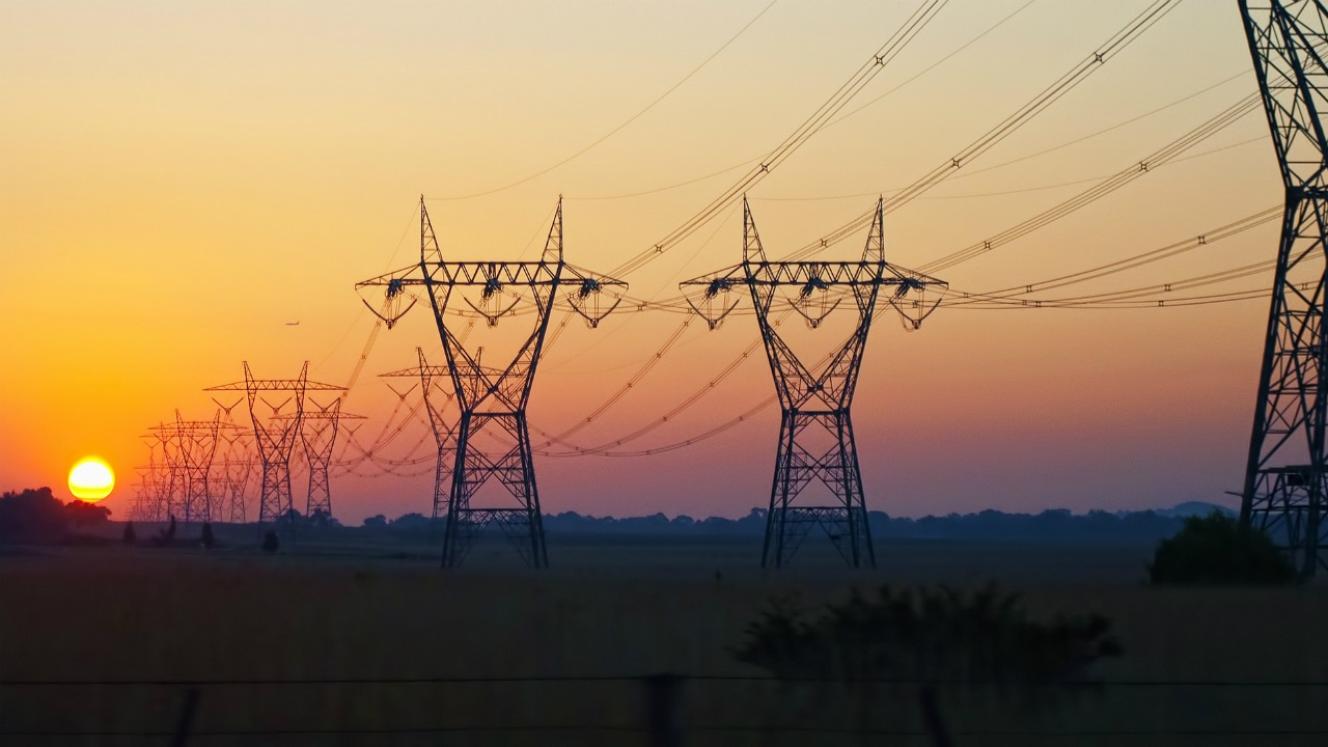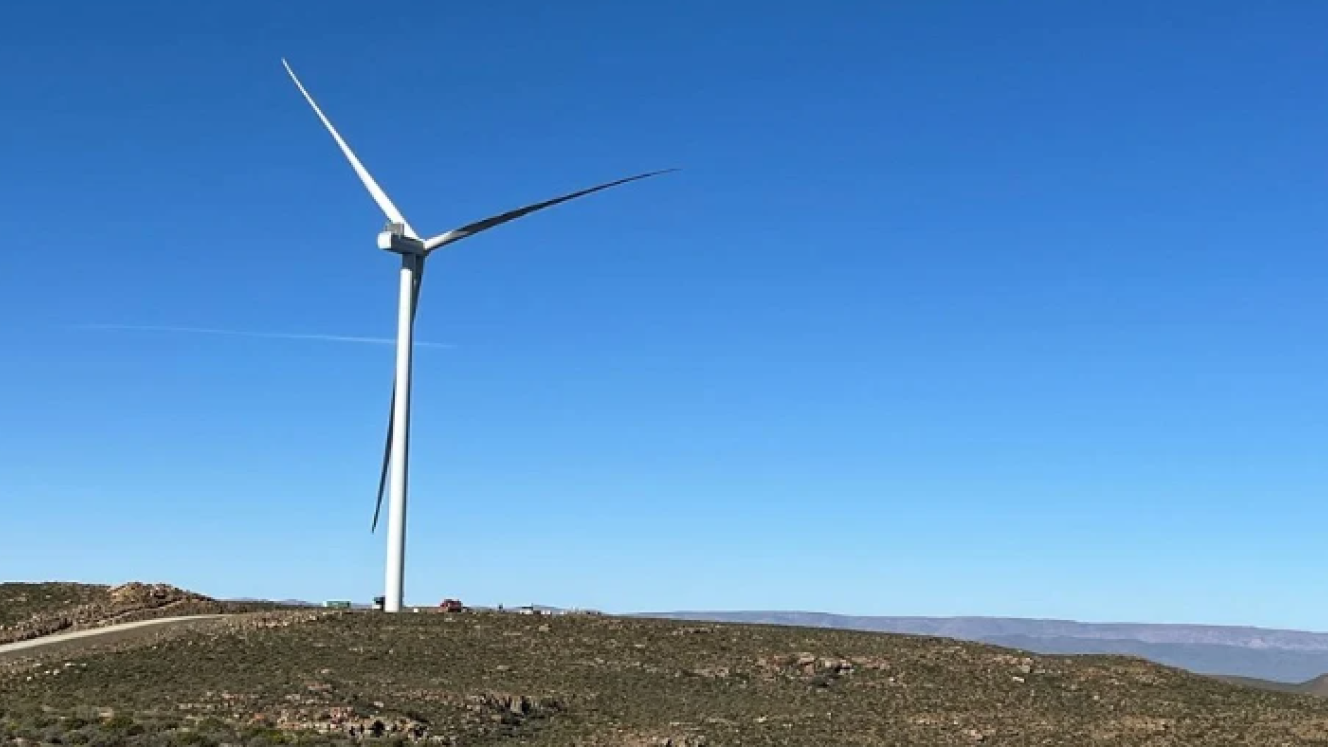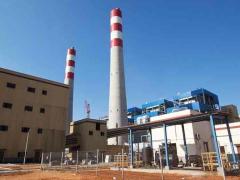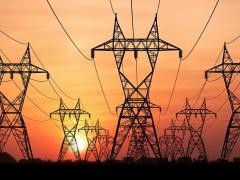by Business Day's editorial staff
Following escalating political attacks, mineral resources & energy minister Gwede Mantashe accused Eskom CEO André de Ruyter of treason.
Mantashe said Eskom was “actively agitating for the overthrow of the state” via load-shedding. This is an irony so perfectly polished one’s grimace is clear in the reflection.
Of course, De Ruyter was doing no such thing. He was trying, in the face of astonishing resistance, to fix what was broken by 30 years of incoherent policy, lamentable inaction and a decade of state capture.
Mantashe’s appalling comments read as some kind of projection. It is not De Ruyter who has brought the country to its knees. It is those who have been in political power for 30 years.
It may be a fool’s errand to make predictions, but it is likely that the severity of rolling blackouts will improve rapidly in the coming weeks. This will be used to illustrate that De Ruyter was an incompetent CEO.
Under De Ruyter’s leadership Eskom was fighting back hard against criminality within Eskom and in the value chains that serve the utility. This did not sit well with the criminals and the corrupt who were waging not only a war of sabotage against Eskom, but also a campaign of intimidation against its leaders. De Ruyter, Eskom COO Jan Oberholzer, and other executives have received threats to their and their families’ safety.
South Africans should be clear that we will not fall for such a trick. If what De Ruyter said recently about the scale of the sabotage is true — and it seems that if anything he was understating the severity of the issue — the assault the utility has had to withstand on its infrastructure, especially in Mpumalanga, will be called off by those who wanted to get rid of De Ruyter.
By calling off the saboteurs and stopping planned maintenance you could, in the short term, eliminate “load-shedding”. But we must not fall for it. We must see it for what it is; a victory for corruption and criminality. It now opens the idea that we will see the return of the flawed and absurdly expensive Karpowership deal, which will be used to create gas-based infrastructure that can, like coal before it, be milked by the corrupt.
Let us be clear that this is no ordinary crisis. De Ruyter may have never had full control of Eskom, but his presence there has meant countries and entities were happy to offer cheap loans and guarantees to help SA leave its hopelessly degraded coal-powered fleet to the pages of history.
Whether a more politically compliant CEO will carry the confidence of investors remains to be seen. Worryingly, it will likely be impossible for the utility to attract any other kind of boss. Nobody who actually wants to fix Eskom would take the job, and our current political class won’t make the same mistake again.
De Ruyter’s resignation leaves SA in a deeply perilous position. Do not let the incoming distractions fool you. We’re in deep trouble.
This article was first published by BusinessLive













